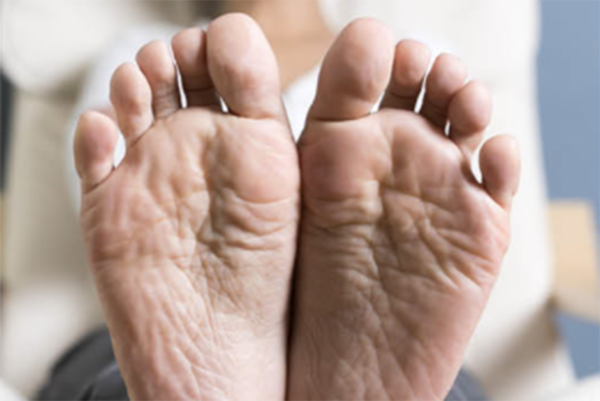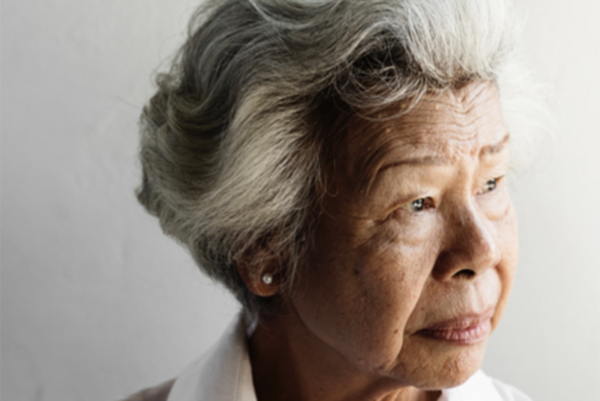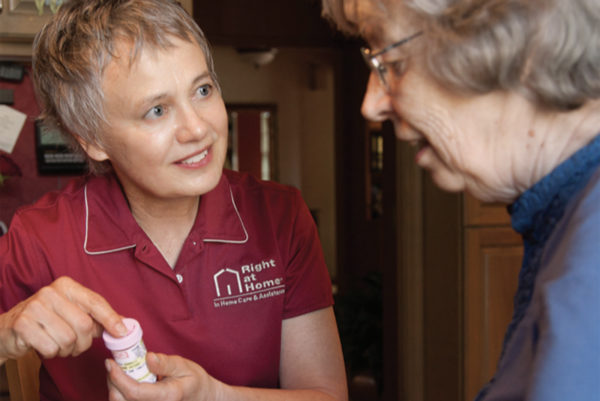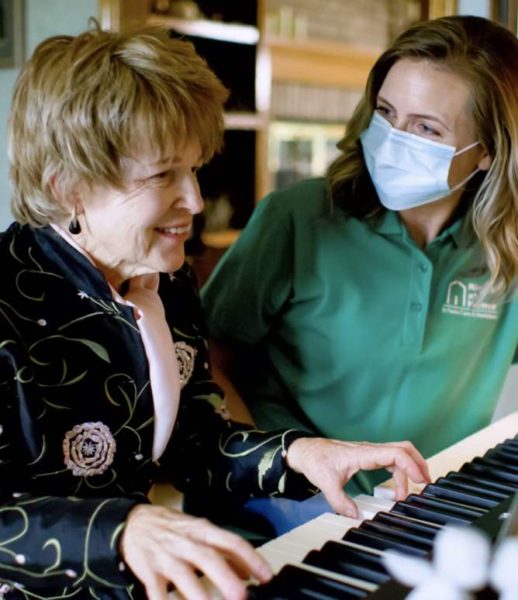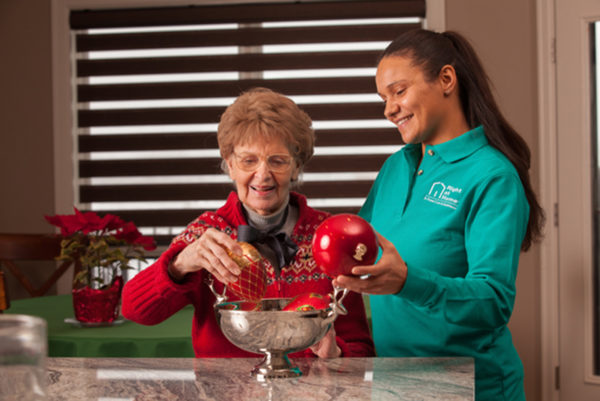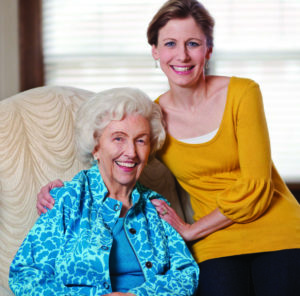Aging Right @ Home is a monthly blog series, answering your questions on providing care for individuals with disabilities, loved ones with dementia and older adults aging in place. If you have a question, please submit it to [email protected].
Our retirement dreams might include travel, hobbies, spending more time with family and having time for all the other things we’ve always wanted to do. So we carefully budget for years. But studies show many people forget to factor in a significant expense they’re likely to encounter after retirement: the cost of health care.
Neglecting this piece of the retirement financial planning puzzle could really throw your retirement plan off track. This is especially true as people turning 65 today are advised to set aside at least $150,000 just for out-of-pocket care costs they’re likely to incur for holistic healthcare.
Knowing this, here are a few things to consider as you plan for the cost of care as an aging senior:
What Might You Expect?
Start with a realistic vision of your later years. How is your health now? Are there lifestyle changes you could make in the immediate term to lower your risk of disability and related costs later in life? Are there other “activities” you see yourself needing assistance with in the coming years — personal care such as bathing, keeping your home safe and clean, preparing meals, and transportation? These costs are often overlooked but need to be considered.
Where Might You Receive Care?
Today, there are many options to receive care. If your needs are complex, long-term care provided in a nursing home might be best. Assisted living communities provide varying levels of help and daily activities. There are also continuing care retirement communities with varying levels of support. However, none of these options are inexpensive and only medically necessary care is covered by Medicare. (Medicaid and other programs may cover some costs, however, for those with lower income.)
Could Care Support Help You Stay Home?
More than 75% of people say they would prefer to receive care in their own homes, if possible. Home care providers offer many of the services provided in a skilled nursing facility, such as injections, medication administration, wound care, rehab, etc. These medically necessary services may also be covered by Medicare and other insurance.
Professional in-home caregivers assist seniors with activities of daily living and help support seniors in their own home. An aging life care professional (geriatric care manager) can help locate support services and work with families on care planning and equitable payment solutions. Financial planning or other financial advisor can help provide financial guidance and may be able to advise on the topic of “spending down” to qualify for Medicaid.
Right at Home caregivers are screened, supervised and trained to meet all the care needs of clients, and support for families. Contact me today at Right at Home if you’d like a care consultation or if I’m able to provide any other assistance to you and your family.
Your neighbor, and Owner/President of Right at Home of Northern Virginia,
Phillip Turner, CDP, CSA






